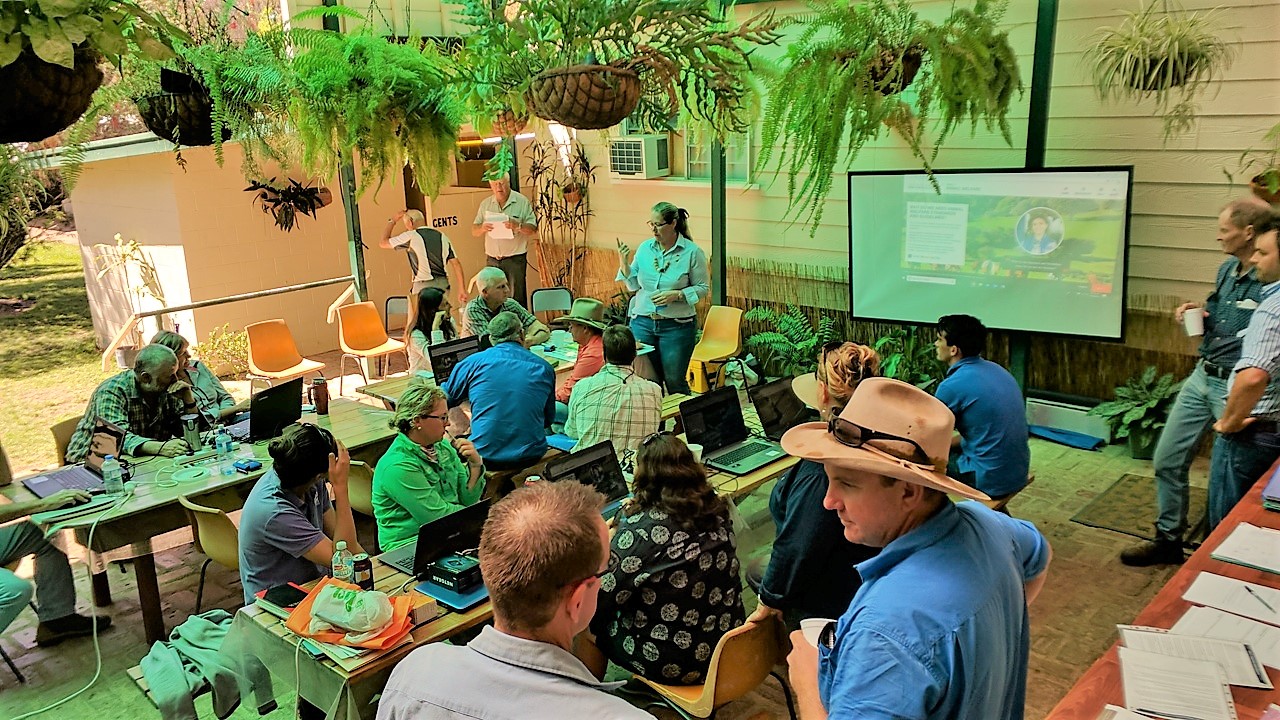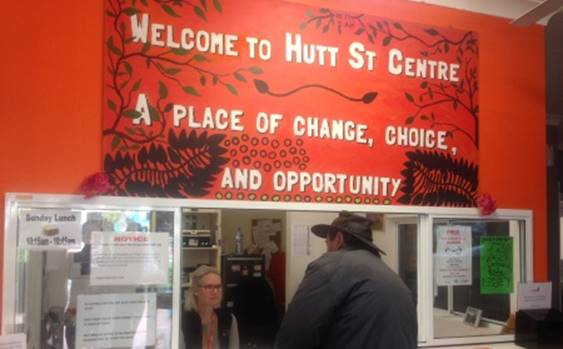- Details
 Curtin University, Department of Internet Studies
Curtin University, Department of Internet Studies
Grant round: 2017-18
Amount: $32,000
Read more: Audio Description in Australia: An Online Resource
- Details

Deakin University, Alfred Deakin Institute for Citizenship and Globalisation
Grant round: 2017-18
Amount: $60,728
- Details
 UTS School of Communication
UTS School of Communication
Grant round: 2017-18
Amount: $55,302
- Details

James Cook University, Cairns Institute
Grant round: 2017-18
Amount: $36,000
Read more: Connectivity and digital inclusion in Far North Queensland agricultural communities
- Details
 UTS Faculty of Law, UNE School of Law
UTS Faculty of Law, UNE School of Law
Grant round: 2017-18
Amount: $50,603
- Details

Broadband for the Bush Alliance
Grant round: 2017-18
Amount: $51,005
Read more: Internet and telecommunications services in rural Australia – an evidence based approach
- Details
 QUT School of Justice, Faculty of Law
QUT School of Justice, Faculty of Law
Grant round: 2017-18
Amount: $53,247
- Details

Hutt St Centre
Grant round: 2017-18
Amount: $5,000
- Details
 The Australian Communications Consumer Action network (ACCAN) has a strong membership base of disability organisations and individuals with disability. The most consistent feedback we get from these members relates to the lack of available information about telecommunications equipment and services for people with disability. The difficulty of accessing telecommunications for people with disability in Australia has long been recognised as a fundamental contributor to the disability digital divide.
The Australian Communications Consumer Action network (ACCAN) has a strong membership base of disability organisations and individuals with disability. The most consistent feedback we get from these members relates to the lack of available information about telecommunications equipment and services for people with disability. The difficulty of accessing telecommunications for people with disability in Australia has long been recognised as a fundamental contributor to the disability digital divide.
While there is a growing number of new and emerging telecommunication products which can improve access and participation for people with disability, without information about these products and how to access them, people with disability will continue to be left out of our increasingly connected digital society.
Read more: ACCAN’S Disability Mystery Shopping report 2017
Write comment (0 Comments)- Details
In 2016 ACCAN commissioned a follow-up to our 2014 Disability Mystery Shopping survey. Disappointingly, the results indicate that little has changed for consumers with disability in the intervening years. Telco sales staff have very little knowledge of products or services suitable for consumers with disability.
Despite industry initiatives to improve the availability of appropriate information after the 2014 survey consumers with disability continue to struggle to find relevant and useful information about mainstream telecommunications products.
- Details
Guaranteed access to broadband services for all Australians is a step closer after a Senate Committee last night recommended the Telecommunications Reform Package be passed by Parliament.
The recommendation was welcomed by the Regional, Rural and Remote Communications Coalition (RRRCC).
“We are pleased the Environment and Communications Legislation Committee has taken this view,” National Farmers’ Federation President, Fiona Simson said.
“In effect, this new obligation will, for the first time, legally ensure all Australians have access to broadband.
- Details
 Have you registered for the ACCANect Conference yet? There’s only two weeks left to get your ticket.
Have you registered for the ACCANect Conference yet? There’s only two weeks left to get your ticket.
It’s being held at the Aerial UTS Function Centre in Sydney on Wednesday 20 September – Thursday 21 September, 2017.
Read more: The ACCANect Conference is fast approaching
Write comment (0 Comments)